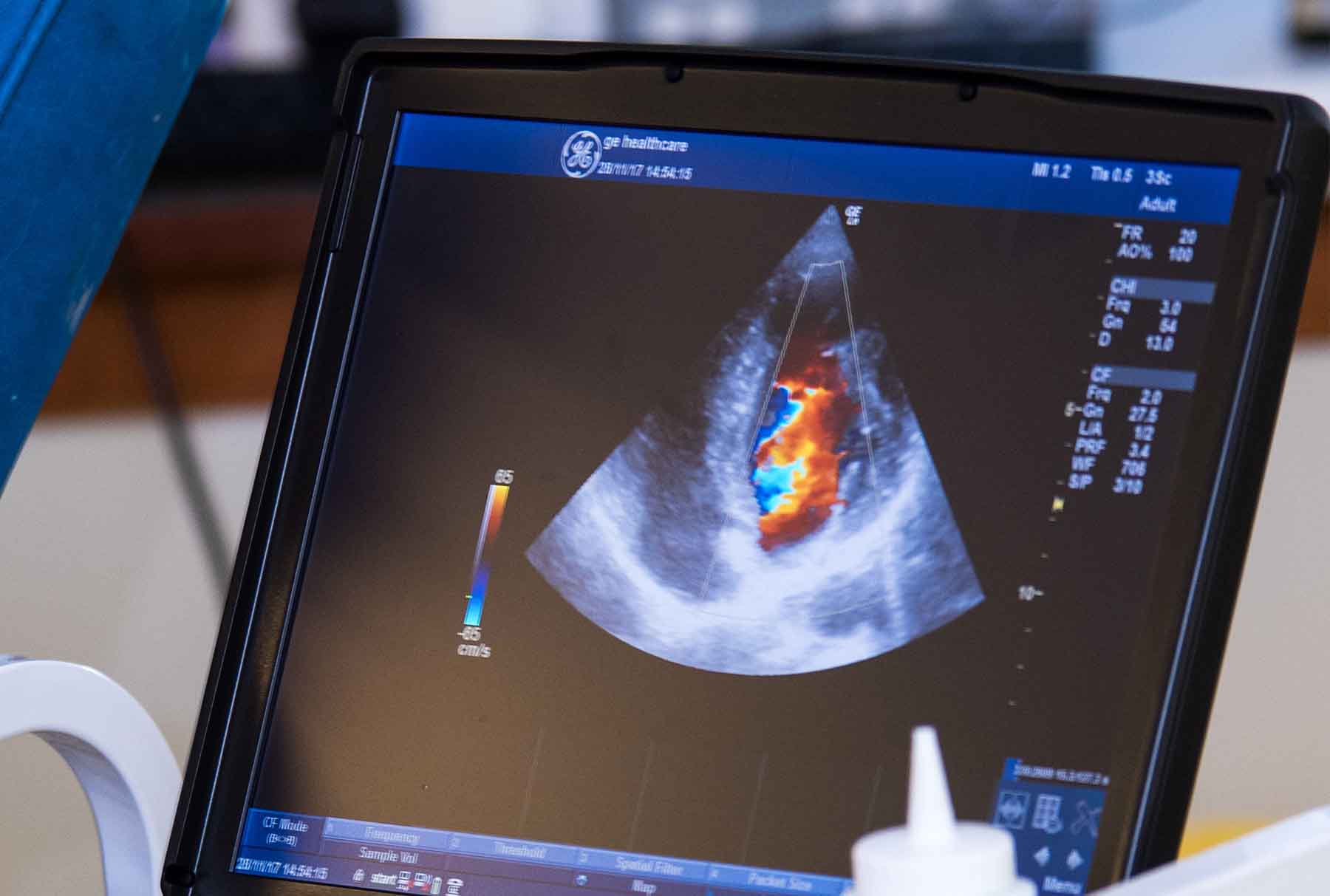Medical Research Council Award
Impact Acceleration Award – Confidence in Concept
The University holds a UKRI Impact Accelerator Award which is used to support investigators to undertake further scientific and technical development of an idea that is close to translation in order to establish the scientific and/or commercial potential.
The MRC objective through this Institutional award is to ensure that fundamental science is translated into new therapies, diagnostics and medical devices accelerating the transition from discovery science to the early stages of therapeutic and biomarker development and rapidly de-risk projects across the translational lifecycle, so that they become competitive for substantial funding. Development of academic-industrial collaborations is also encouraged.
The IAA funding is allocated to projects via regular competitive calls.
Current Call
Funding available: projects should be £50k-£120k
Duration
Projects must be no longer than 12 months in duration, with a strict finish date of 31 December 2026.
Eligibility
Applications are accepted from:
- Newcastle University researchers and academics (including NHS staff with honorary University contracts)
- Basic scientists
- Clinician scientists
Scope
Applications relevant to any area of translational research are considered. Projects deemed to have the greatest potential for near-term impact and the ability to attract additional investment will be given priority. It is desirable that projects also include plans to create/develop new interactions aimed at forming partnerships for future translational funding opportunities. Where appropriate, partnerships with industry are beneficial.
The award will not fund:
- entire translational projects
- administration costs
- industrial partner costs
- staff between posts/funding or PhD studentships (bridging)
- continuation of normal research grants
- costs related to the protection of IP
- staff exchange into a Newcastle University spin-out company
- directly allocated costs, indirect costs, overheads
Application Process
Please read the guidance IAA-CiC guidance May 2025.
Expression of Interest Stage
All applicants must initially submit an Expression of interest (EOI) form IAA-CiC EoI 2025 Template. The deadline for Expression of interest applications is 13 June 2025. EOI applications will be assessed by a 3 person panel (clinical scientist, non-clinical scientist, industry representative). EOI outcome will be provided by 17 July 2025 with successful applicants invited to complete a full stage application.
Full Application
The application form for full stage applications will be provided to applications selected from the EOI submissions. Deadline for receipt of full applications will be 12 September 2025. Each application will be reviewed by members selected from an Expert Panel (clinician scientist / non-clinician scientist / industry representative) before final review by the Full Panel, which includes experts in methodology, clinical governance, clinical trial design and delivery and statistics. Applicants will be notified by 10 November 2025.
Assessment criteria
Applications are assessed on scientific grounds, with the potential to convert the project to downstream translational research grants a key consideration. The criteria are adopted from the MRC’s guidance and include:
- quality (methodology, innovation, leadership, collaboration),
- impact (scientific question, knowledge gap, health and/or socioeconomic impact, resource of value to many disciplines),
- productivity (likelihood of delivery, use of resources).
Projects should be no more than 12 months in duration and must be completed by 31 December 2026 (extensions beyond this date will not be permitted). If you have any questions please email cic.pm@newcastle.ac.uk.
